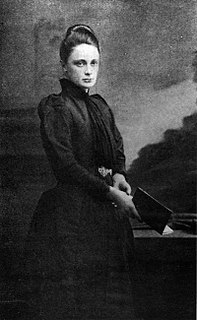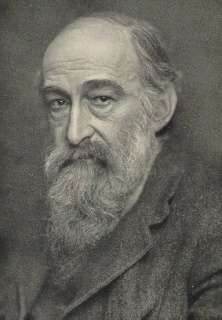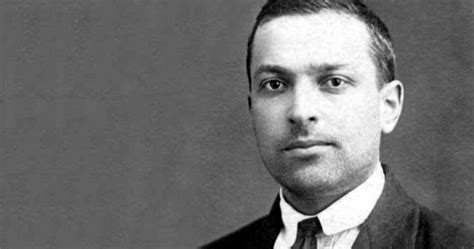A Quote by Thomas Paine
It is a faculty of the human mind to become what it contemplates, and to act in unison with its object.
Related Quotes
If you had to call it "unison", it ain't unison. It ain't the same as somebody else. If you can hear that it's unison, and you have to name it something other than "unison", it ain't unison, you know what I mean? It's two guys playin', but one guy is playin' slightly out of tune, one is playin' slightly off meter.
People who are unable to use their hands skillfully for all kinds of work, will not become good thinkers and will behave awkwardly in life. It is not the head alone, but the whole human being that is a logician. Activities demanding manual and bodily skill, such as knitting, leads to the enhancement of the faculty of judgment. This faculty is actually developed least of all by exercises in logic.
Objects must cease, mind must become just a pure mirror - a mirroring, not mirroring anything - just a mirror without any object in it, a pure mirror. By dhyan, this purity of the mind is indicated. So first, no object should be in the mind. Mind must remain alone without thinking about anything - with no thought, just a consciousness, just an awareness, just an alertness. This alertness without any object is meditation.
The mind which is created quick to love, is responsive to everything that is pleasing, soon as by pleasure it is awakened into activity. Your apprehensive faculty draws an impression from a real object, and unfolds it within you, so that it makes the mind turn thereto. And if, being turned, it inclines towards it, that inclination is love; that is nature, which through pleasure is bound anew within you.




































